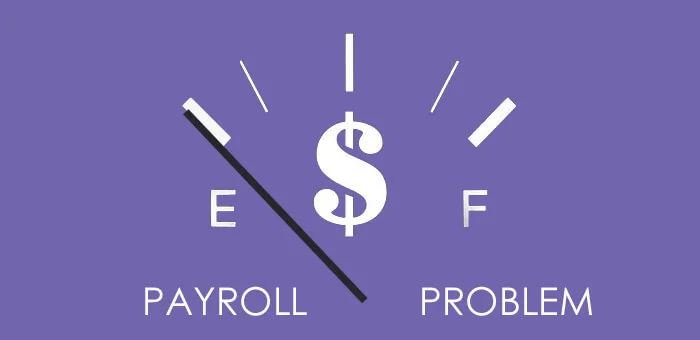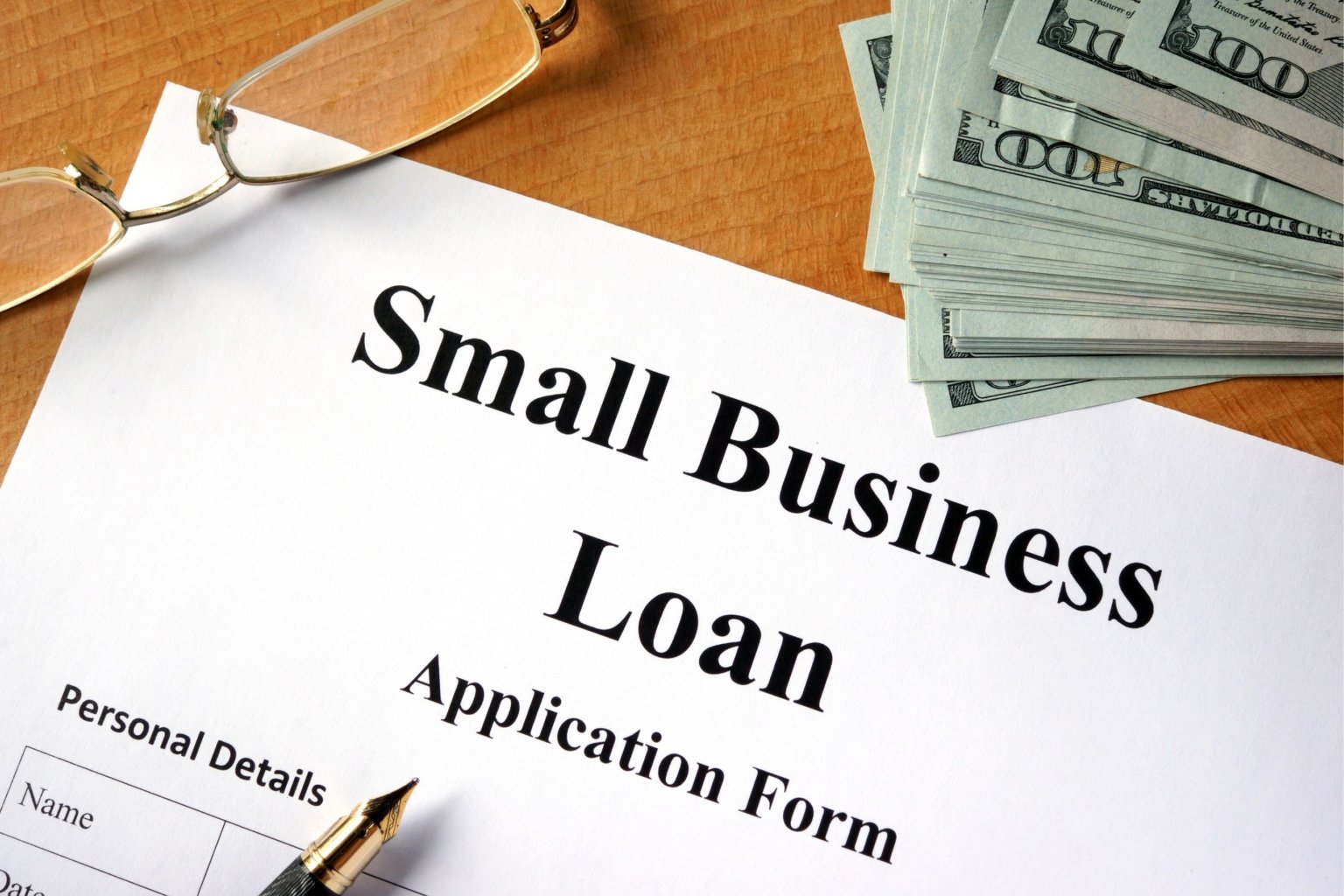The best bank for your business line of credit

You only get a line of credit through one bank — so you want to choose wisely from the start.
But every bank seems to offer great rates on business lines of credit. How can you really know where you’ll get the biggest line, or the best rates?
In this article, you’ll get the honest truth about:
- Small business lines of credits at three major banks — Wells Fargo, Chase, and Bank of America (jump straight to comparison chart → )
- How to find a good bank and banker
- What to do if you need funds while you’re waiting to qualify for a loan
Everyone tells me that Wells Fargo, Chase, and Bank of America are the best banks for small businesses. Is that true?
While each business is different, and there are undeniable advantages to working with smaller community banks, it’s often worthwhile working with a bank that has larger resources at its disposal.
And among American banks, Wells Fargo, Chase, and Bank of America reign supreme.
That said, the three aren’t identical:
- Wells Fargo is best for SBA loans and unsecured business lines of credit,
- Chase offers larger loans and has longer repayment options
- Bank of America is known for building relationships and higher loan availability.
Here’s a more detailed breakdown of these three banks, and what they offer small businesses. (If you prefer visuals, click here to scroll down to the chart below.)
Wells Fargo business credit line
Wells-Fargo offers five loan products for small businesses:
- two unsecured lines of credit (no collateral needed)
- one secured line of credit (you need assets as a payment guarantee)
- three SBA loans (for small businesses with networth below $15 million)
Minimum loan amount: $5,000
Minimum credit score of 680.
When it comes to the minimum number of years you need to be in business, Wells-Fargo offers more flexibility for newer businesses than Chase or Bank of America.
While recent closures make it difficult to pinpoint an exact number, there are close to 5,000 Wells Fargo branches in over 40 states, so if national access is important to you that’s something to consider.
Chase business credit line
Chase. Chase is a great choice for businesses with larger financial needs. They offer six small business loan products:
- Business line of credit (secured and unsecured)
- Business term loans
- Commercial real estate loans
- Three SBA loans
Minimum loan amount: $5,000.
Chase gives no information about required credit scores or minimum number of years in business.
Bank of America business credit line
Bank of America. As mentioned above, Bank of America is known for developing banking relationships with small business owners. They offer — stand well bank — no less than nine loan products for small businesses:
- Two unsecured business lines of credit
- One cash-secured line of credit
- Two secured bank lines of credit
- Multiple SBA loans
- Business auto loans
- Equipment loans
- Medical/healthcare practice loans
Minimum loan amount: $10,000
Minimum credit score: 670
Secured vs. unsecured lending: The comparison
| Wells Fargo | Chase | Bank of America | ||
| Best for | SBA loans and unsecured lines of credit | businesses with large financing needs and longer repayment periods | Loan availability and building up a relationship | |
| Loan products | 5 | 6 | 9 | |
| Minimum loan amount | $5,000 | $5,000 | $10,000 | |
| Interest rates | Starting at 8.75% APR (Prime plus 0.5%) | Not stated | As low as 5.50% APR | |
| Minimum credit score required | 680 | Not stated | 670 | |
| Min. time in business required | Flexible, varies | Not stated | 2 years | |
| Min. annual revenue required | Not stated | Not stated | $100,000 | |
| Terms | Up to 25 years | Up to 25 years | 6-15 years | |
| #of branches nationwide | Over 4,700 in 40 states | Over 4,700 in all of the lower 48 | Over 6,000 in 38 states | |
💡 Pro tip: If you want more at-a-glance overviews of various banks and the differences between them, Investopedia is a fantastic resource that updates regularly.
What’s more important: Finding the best bank or the best banker?
The short answer? Both.
The long answer is that the two often cancel each other out.
If you find a bank that has great financial services but the loan officers are unfriendly and unwilling to stretch for you, you’ll have a lot of trouble accessing those services.
Similarly, if you’re dealing with great loan officers who want to cultivate a relationship but the bank’s financial services are wrong for your business, you still won’t get the loan you need.
Here are some strategies for finding the right bank and the right banker:
- Define your needs.
Does your business need a business loan or a bank line of credit? Payroll funds or a loan to buy equipment? - Do comparison shopping.
Even if you think you hit the nail on the first try, don’t make any decisions just yet. Research different banks that offer business lines of credit and compare their services, fees, and their reputations. Look specifically for banks with a good track record of working with small businesses.
💡 Pro tip: Don’t forget to check online comparison sites for customer reviews. Here are some popular platforms:
● Bankrate
- Ask around.
Once you’ve narrowed your choices down, reach out to other business owners. Ask them if they’ve had experience with any of the banks on your list, and what that experience was. - Meet with bankers.
Now that you’ve gotten your list pared down, start making appointments with individual bankers. See which ones have experience with small businesses in general, and your industry in particular. Keep an eye out for bankers who are personable and have a track record of being helpful and proactive. - Start test-driving.
If you think a bank might be a good fit, try them out. Open an account, see what their customer service is really like, and check out their digital services.
I want to start developing a banking relationship with my chosen bank. What should my first steps be?
- Open an account, if you haven’t already. And even better, open multiple accounts. Bankers love deposits, so the more accounts you have going, the more they’ll view you as a valued customer.
- Start taking advantage of what your bank (and your banker) can offer you. Ask your banker for their input and advice on finances — instead of always relying only on your CPA. Then take their advice seriously. When your banker sees that, they’ll reciprocate by putting in even more effort to guide your business in the right direction.
- Make it personal — spend a few minutes in every interaction to speak about their life, hear about trips they’re planning, their family and more. Send birthday cards — or just a text. Holiday gifts, even small ones, are always appreciated. Read more great tips here.
When a bank sees something going wrong, it’ll back away.
But a banker who knows you and your business will be there for you when the going gets tough, so invest in this relationship. In fact, if your (great) banker changes banks, it’s worth it to follow them — because the banker often matters more than the bank.
I’ve found my bank, I’m friends with my banker, and they helped me apply for a bank line of credit. How can I find funding in the meantime?
This is a common situation, because the bank process takes several months.
Fortunately, there’s a solution: Alternative business funding. You can get a loan in days or weeks — not months, and qualify more easily than a bank line of credit, because the criteria are less stringent and the approval process is quick.
There are three popular options for alternative financing:
- Accounts receivable (AR) financing.
In this scenario, your lender provides you with cash advances and uses unpaid invoices as collateral. Application and approval processes may vary, but some claim to increase your cash flow in as fast as 24 hours. Rates usually range 1% – 3% of the invoice amount. - Invoice factoring. Similar to AR financing. A third-party lender purchases your unpaid invoices at a discount, providing you with immediate cash flow to cover expenses. After being approved, you could access 90% of the funds you need within 2 days of submitting your invoice. Rates can range between 1% – 6% of your invoice.
- Advance payroll funding. A payroll financing company like Payro extends a business line of credit specifically for covering payroll. That frees up cash so you can cover your expenses without short-changing your workers (and risking fines). This is a popular option because the once approved (2 days) you can get funds on the same day, and the rates are transparent and low – always 1.5%.
Read more about alternative financing options in our article series here.
👍 Keep in mind: Payroll loans can only be used to cover payroll.
Morris Reichman
hello@payrofinance.comMorris Reichman is the founder and CEO of Payro Finance. Former Vice President at Infinity Capital Funding an alternative finance company, Morris possesses a versatile background in the finance industry. Having spent 7+ years working across global macro operations and start up corporate finance Morris's expertise is in business accounting, risk management and investment analysis. Morris founded Payro Finance to support business owners and ensure their business continuity.
Need a short-term loan to cover payroll?
Apply in under two minutes, and get approved within 2 days. Once approved, funds are in your account the same day.
- Always 1.5% weekly
- Up to $500,000
- Same-day funding


